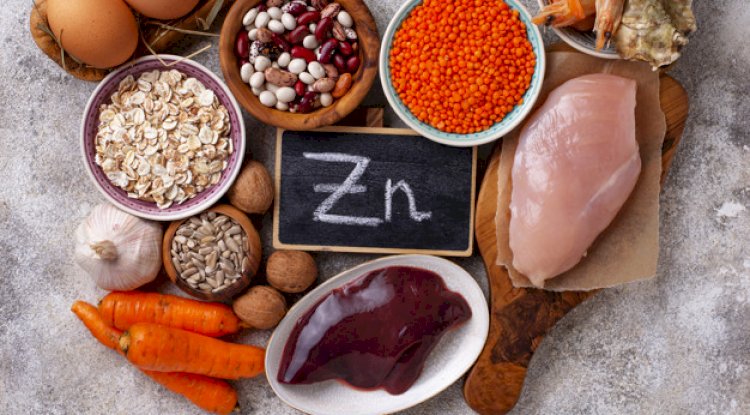Include These 6 Essential Nutrients In Your Diet For Good Eyesight
People believe it often that eye strain and failing eyesight is an inevitable issue in old ages. But this is not true. A person can still have good eyesight even in his or her 70s. All that you have to do is include some basic nutrients in your diet.
By Snigdha Paul Chowdhury

Most of the people in the world tend to neglect the fact that good eyesight plays a vital role in one’s life. That is the reason why most people nowadays are seen with spectacles and poor vision. People often misinterpret the reason behind poor vision or eyesight issues. There might be some moments in your life when you can feel that your glasses are your burden. Although, you can use a lens instead, however using a pair of lenses sometimes can cause you teary eyes and blur vision.
Despite following a balanced diet, people often miss out on some essential nutrients that help to maintain a good vision. Foods rich in omega-3 fatty acids, zinc, copper, Vitamin C, Vitamin E, and beta carotene can lower the risk of poor eyesight even at old age. Various foods that contain nutrients are easily available in the markets.
List of 6 essential nutrients consuming which can improve your eyesight :

Omega-3
Nuts and legumes and fish are a great source of omega 3 fatty acids. They also contain Vitamin E. Variants of nuts are available in the markets like cashews, walnuts, lentils, almonds, and peanuts. Fish is a very important nutrient that not only contains omega 3 butDHA as well. DHA is a nutrient that is most beneficial to infants for brain development and improved eyesight. Fish helps kids in their growing period making them sharper.
Vitamin A

Deficiency in Vitamin A can lead to blindness. Which is the most common reason for blindness in people around the world. It can also cause night blindness and dry eyes. Thus Vitamin A plays a very significant role in maintaining good eye health.
Vitamin A is needed for maintaining the eyes’ light-sensing cells, which is also known as photoreceptors.
Gamma-linolenic acid
Gamma-linolenic acid is different from other omega-3 fatty acids as it has anti-inflammatory properties. Although it is also a type of omega-3 fatty acids which is found in a small proportion in the modern diet. Researchers have found that evening primrose oil and starflower oil are the richest sources of the nutrient.
Vitamin C

Vitamin C plays a vital role in maintaining the health of the Eyes. Because the aqueous humor of the eye consists of a very high level of concentration of Vitamin C as compared to other body parts. Observational studies have shown that people with cataract eye are deficit to antioxidants. While people who consume Vitamin C based foods suffer less risk of having cataract eyes.
Zinc
Zinc, which acts as an antioxidant, is a part of several important enzymes, including superoxide dismutase.
It also tends to be involved in the retina's production of visual pigments. Zinc deficiency can lead to night blindness for this cause. Oysters, meat, pumpkin seeds, and peanuts include natural dietary sources of zinc.

Lutein and Zeaxanthin
Lutein and zeaxanthin are antioxidants of yellow carotenoids known as macular pigments.
They are concentrated in the central part of your retina, the macula, which is a layer of light-sensitive cells on your eyeball's back wall. As a natural sunblock, lutein, and zeaxanthin feature. It is believed that they play a key role in shielding the eyes from harmful blue light.
What's Your Reaction?



















